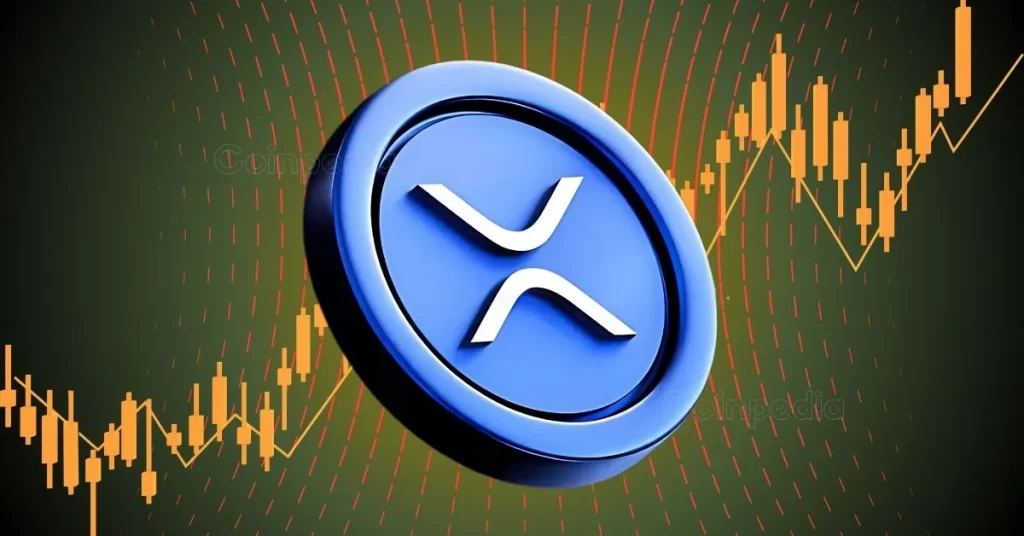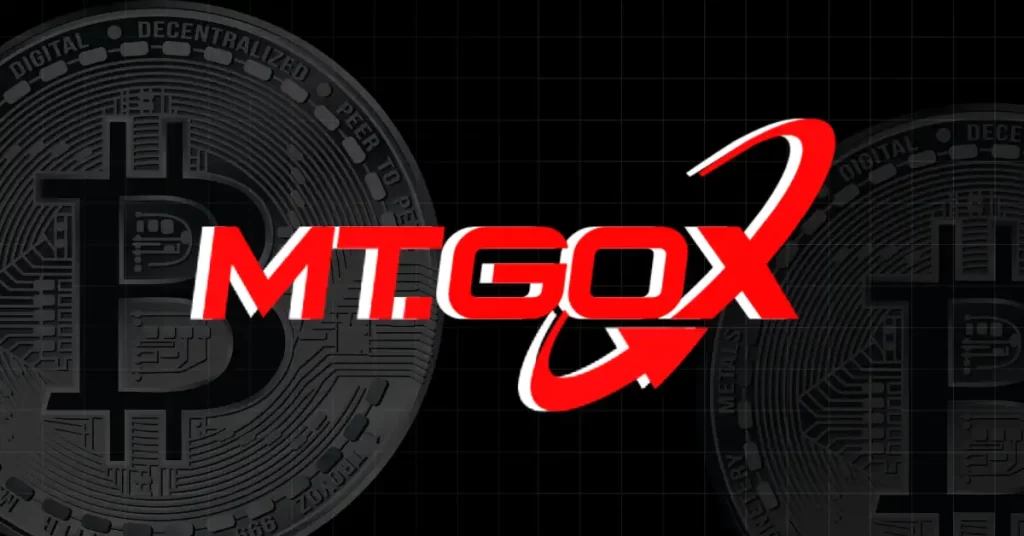Where We Stand
As we step into December, the market landscape looks both exciting and cautious. The S&P 500 has regained momentum after a November rally, the U.S. Dollar Index (DXY) is holding its ground near 106, and altcoins are stealing the spotlight with the Altcoin Season Index spiking to 84—a yearly high. Bitcoin ($BTC), meanwhile, appears to be taking a breather, hovering near $95K after its breakout run from the $73K range.
Source: coinmarketcap.com
Historically, December following U.S. presidential elections is known for bullish tendencies, but this year brings mixed signals. While the Federal Reserve is expected to keep interest rates steady at 4.25%-4.5% (link), the dollar's strength poses a headwind for risk assets. At the same time, a full-force altcoin rally suggests traders are rotating capital, betting on high-risk assets during a speculative frenzy.
As traders, whether short- or long-term, our mission is clear: stay prepared, plan our entries, and avoid chasing the first dip without a solid strategy (because let’s face it, the first dip can be a trick). In this analysis, we'll explore three likely correction scenarios for Bitcoin, identify actionable buy-the-dip levels, and highlight the technical reasoning and risks for each.
Scenario 1: The Sideways Range Between $91K-$100K
Key Technicals:
Bitcoin's recent price action suggests the potential formation of a new range between $91K and $100K.
The weekly candle’s inside-bar structure between $91000 & $98000 signals indecision, aligning with typical range-bound behavior (inside bars occur when the high and low of a candle are "inside" the range of the previous candle, often preceding continuation or reversal moves).
On the daily timeframe, $91K is a temporary horizontal support level, while $100K serves as psychological resistance.
Strategy:
Wait for Confirmation: Monitor Bitcoin’s behavior near the $91K-$92K zone for strong support confirmation via bounce volume or bullish engulfing candles.
Buy-the-Dip Level: Between $91K-$92K, aiming for $98K-$100K on the rebound.
Stop Loss: Below $89.5K to avoid deeper downside risks.
Monitor: Volume spikes and RSI divergence on the 4H/1D charts to confirm ranging activity.
Why This Matters: Ranging price action is a hallmark of consolidation phases, often preparing for the next big move. By waiting for confirmation of $91K as a reliable floor, traders can exploit price oscillations between $91K and $100K for swing opportunities.
Scenario 2: The Deeper Correction to $81K-$83K
Key Technicals:
The liquidation heatmap highlights a significant cluster of long liquidations between $83K-$85K, which could act as a liquidity magnet if Bitcoin loses $91K support.
There’s a fair value gap (FVG) between $81.3K and $89.5K visible on higher timeframes. FVGs represent imbalances in price action, often revisited before a trend resumes.
The Fibonacci retracement tool aligns the Golden Ratio (0.618) with this zone, adding a layer of confluence.
Strategy:
Set Alerts for Breakdown: If Bitcoin closes a daily candle below $91K with rising sell volume, prepare for entries near $81K-$83K.
Buy-the-Dip Level: Between $81K-$83K, targeting $91K on the bounce.
Stop Loss: Below $80K to account for false breakdowns.
Monitor: Price action around the Golden Ratio (0.618) and the lower bound of the FVG for bullish reversals.
Why This Matters: This scenario assumes a market maker-driven move to flush out over-leveraged longs, creating a prime re-entry point. A 15%-18% correction from the current price would still be modest compared to past cycles, presenting a realistic and lucrative buy zone.
Scenario 3: A Full Breakdown to $70K-$73K
Key Technicals:
The 200-day SMA ($67.3K) and the top of the February-November accumulation range ($73K) act as key dynamic and horizontal supports, respectively.
Below $80K, the next liquidity cluster lies between $70K-$73K, marking the ultimate "stink order" zone for longer-term entries.
Historical cycles suggest that Bitcoin rarely retraces this deeply during December, but if it does, the opportunity could be significant.
Strategy:
Stagger Stink Orders: Place staggered bids between $70K-$73K to catch potential wicks during panic-driven sell-offs.
Target: $85K-$90K for partial exits, holding moonbags for potential continuation to $98K+.
Stop Loss: Below $67K, the 200-day SMA, as a hard floor.
Monitor: Broad market conditions, including DXY strength and altcoin liquidity flow, to gauge overall risk appetite.
Why This Matters: Though less likely, this scenario prepares traders for worst-case corrections while capitalizing on extreme fear-driven moves. Long-term buyers could use this zone to accumulate Bitcoin at significant discounts.
Wider Context and December Outlook
Bitcoin’s current setup reflects a tug-of-war between bullish seasonality (December is traditionally a strong month for risk assets) and macroeconomic headwinds like the dollar's strength. With the Altcoin Season Index at 84, suggesting speculative enthusiasm, Bitcoin could stay range-bound while altcoins dominate short-term performance.
The Federal Reserve's likely decision to hold interest rates steady in two weeks adds to this mix, reducing near-term monetary uncertainty. Yet, until Bitcoin firmly establishes a new range or confirms $100K as a breakout point, traders must remain cautious.
Summary: Navigating December with a Plan
In conclusion:
Scenario 1 ($91K-$100K): Likely range action, tradeable for swing traders.
Scenario 2 ($81K-$83K): Deeper correction, ideal for mid-term positions.
Scenario 3 ($70K-$73K): The ultimate crash zone, best for long-term accumulation.
With a strategic approach, December can be both profitable and exciting. Remember, it’s Santa season—a time for optimism—but also for discipline. Invest wisely, stick to your plan, and let the market come to you.
Disclaimer: This article is provided for informational purposes only. It is not offered or intended to be used as legal, tax, investment, financial, or other advice.

 3 months ago
46
3 months ago
46









 English (US) ·
English (US) ·